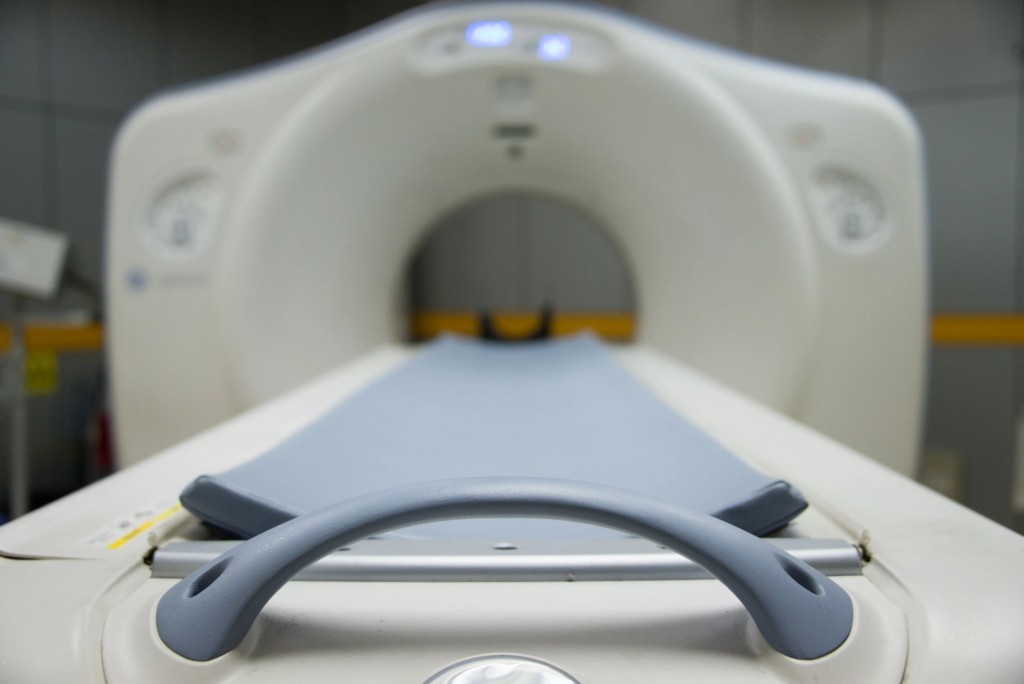
Neurobehavioral approach uses behavioral paradigm towards comprehensive rehabilitation by identifying the neurological or neuropsychological constraints that can interfere with learning and behavior of an individual. The present case study highlights the role of functional skills approach in neurobehavioral management towards cognitive rehabilitation to manage behavioral deficits in a 55-year-old man with frontal lobe lesions owing to gliosis of fronto-temporal brain regions.
Since the traditional rehabilitation approaches do not focus enough on the patient’s social behavior or their ability to recognize and adapt to changing situations, many patients with brain injury who make good progress according to clinical criteria still do not become integrated into the community, irrespective of the nature and level of their disability. Neurobehavioral approach, a recent rehabilitation paradigm, attempts comprehensive rehabilitation by identifying the neuropsychological constraints that can interfere with learning and behavior; and employs behavioral paradigm to control and eliminate inappropriate or unacceptable social behavior.
The case study was performed on a 55-year-old man that reported an acute-onset continuous illness characterized by increased irritability, decreased self-care, repetitive speech, and tonic clonic seizures. Over the last three years there was an increase in behavioral changes and got to the extent that he would not take a bath or brush his teeth for weeks.
The patient was found to score a 22 on the mini mental state examination and a score of 12 on Barthel’s index of activities of daily living. Psychological case formulation revealed that a vicious cycle of problem behaviors itself was acting as the maintaining factor for the patient’s behavioral problems. Re-enforcer sampling done through reinforcing event menu revealed that both social and tangible re-enforcers would benefit the patient. Social appreciation was the social reinforcement. The intervention program was so planned that it targeted the specific areas of improvement in his activities of daily living and decrease in frequency of behavioral problems. Intervention process is the initial phase with counseling and psychoeducation.
The preparation phase includes the actual shaping process. For each targeted step in the chain of behaviors a token would be provided that he could later exchange for backup re-enforcers. To address the goal of increasing compliance to family members’ requests, again contingency management was used.
A physical exercise schedule was developed and was met with enthusiasm on the patient’s part. These physical exercises helped in decreasing the maladaptive behaviors of the patient.
The patient showed remarkable improvement and by the end of therapy, started taking appropriate self-care, along with increased social interaction and decreased clinging behavior.
By the end of therapy, the patient had shown approximately 85% to 90% improvement in the targeted self-help areas. His Barthel’s score increased to a score of 18. He began participating in more daily self-care activities and began enjoying leisurely activities with his wife again. Thus, the case study illustrates that functional skills methods of cognitive retraining is more suited to neurobehavioral approach of rehabilitation because it has more generality than the restorative approach. The case study demonstrates that by focusing on 3 key factors – needs, limitations, and feasibility of patients – rehabilitationists can help in reducing the patients’ functional disability.





